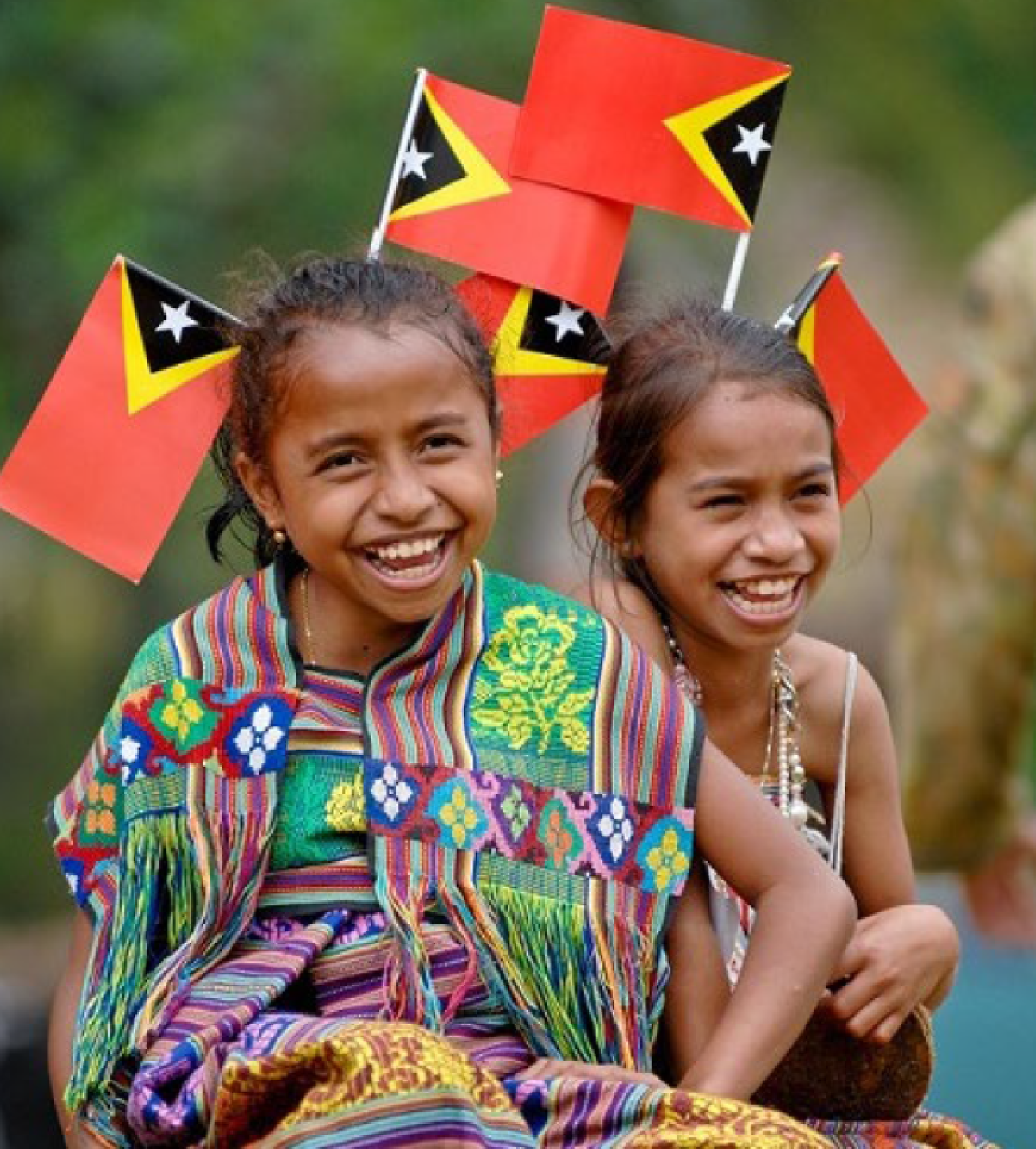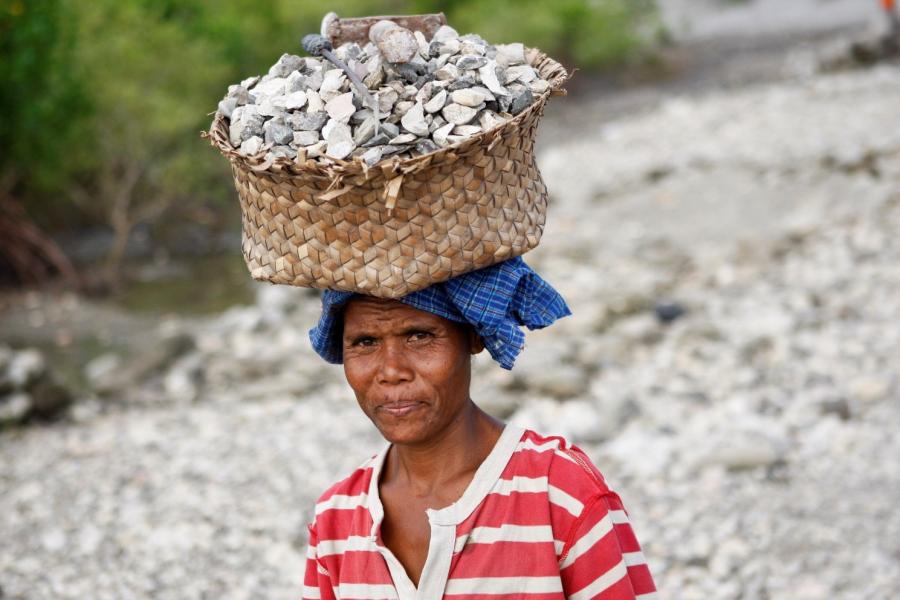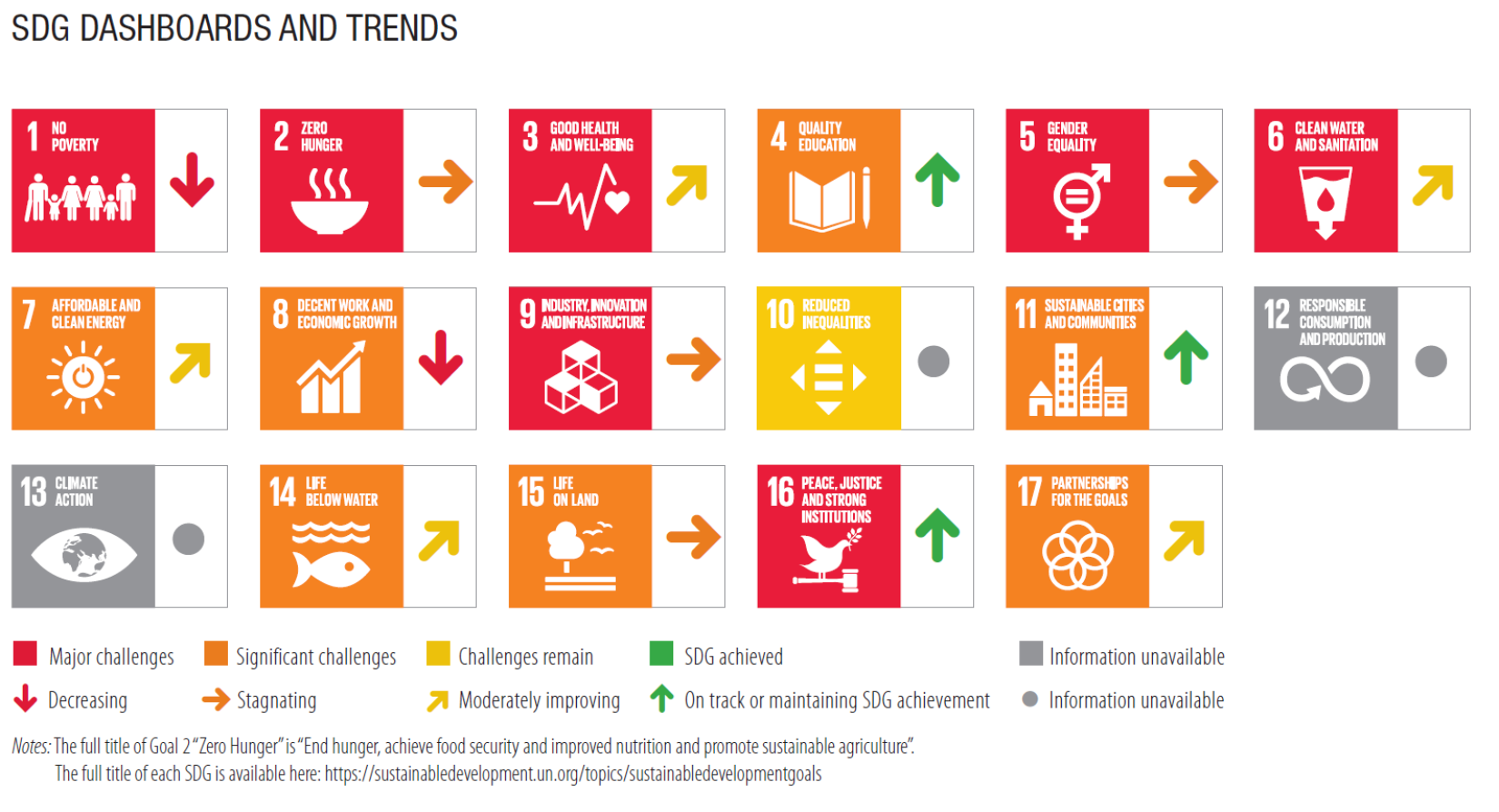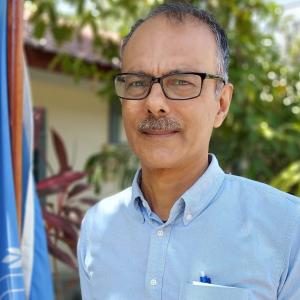Progress Against the Sustainable Development Goals (SDGs) – What’s Needed Now?

RC's Blog
By UN Timor-Leste Resident Coordinator Roy Trivedy
Since 2020, we have seen development progress worldwide come under pressure and levels of inequality have increased
The COVID-19 pandemic has affected development worldwide. At the start of the pandemic in 2020, the United Nations system together with other development organisations warned that nations would need to protect their previously hard-won ‘development gains’ for us to continue to see progress against the SDGs and achieve the 2030 agenda. Since 2020, we have seen development progress worldwide come under pressure and levels of inequality have increased within countries, as well as between countries. An additional factor that has set progress back is that in virtually every country, employment and livelihoods, health, education, social protection, and other services, especially those supporting the most vulnerable individuals and communities, have been massively disrupted. Humanitarian and development agencies worldwide have had to re-prioritise their work and many longer-term programmes have been temporarily halted.
It is perhaps too soon to confidently name the countries that have been able to protect their citizens most effectively during the pandemic and ensure that ‘progress on key development indicators’ has not regressed. Decisions and actions taken during the next 12-18 months will determine whether pandemic recovery plans will put the world on a course to reach the globally agreed SDGs that aim to boost sustainable economic growth and social well-being while protecting the environment.
Given this context, it is interesting to see the data released this week in The Sustainable Development Goals Report 2021, by the United Nations. The Report notes that COVID-19 has caused a major disruption to people’s lives and livelihoods. While progress to achieve the SDGs had been slow even before the pandemic struck, an additional 119-124 million people were pushed into poverty in 2020. An equivalent of 255 million full-time jobs were lost, and the number of people suffering from hunger, which was already climbing before the pandemic, may have increased by 83-132 million.

The economic slowdown in 2020 did little to slow the climate crisis. Concentrations of major greenhouse gases have continued to increase, while the global average temperature was about 1.2°C above pre-industrial levels, dangerously close to the 1.5°C limits established in the Paris Agreement. The Report also notes that global flows of foreign direct investment fell by 40% in 2020 compared to 2019. The pandemic has brought immense financial challenges, especially for developing countries – with a significant rise in debt distress affecting many poorer countries.
Some additional key facts and figures highlighted in the Report:
- The global extreme poverty rate rose for the first time since 1998, from 8.4% in 2019 to 9.5% in 2020.
- Pandemic-related shocks are likely to trigger a rise in stunting, which already affects more than one in five children worldwide.
- The pandemic has halted or reversed progress in health and poses major threats beyond the disease itself. About 90% of countries are still reporting one or more disruptions to essential health services.
- The impact of the COVID-19 pandemic on schooling is a ‘generational catastrophe.’ An additional 101 million children and the youth fell below the minimum reading proficiency level, wiping out the education gains achieved over the last two decades.
- The COVID-19 pandemic has adversely affected progress towards gender equality: violence against women and girls has intensified; child marriage is expected to increase; and women have suffered a disproportionate share of job losses and increased care work at home.
- Although the economic recovery is underway, led by China and the United States, for many other countries, economic growth is not expected to return to pre-pandemic levels before 2022 or 2023.
- The world fell short on 2020 targets to halt biodiversity loss and 10 million hectares of forest being lost each year between 2015-2020.
- While net official development assistance increased in 2020 to a total of $161 billion, this still falls well short of what is needed to respond to the COVID-19 crisis and to meet the long-established target of 0.7% of GNI for development assistance.
The SDGs represent the world’s best antidote to hunger, poverty and growing inequality and the best route to sustainable and equitable growth for all. To get the SDGs back on track, governments, cities, businesses, industries, and all development partners have to use the recovery to adopt low-carbon, resilient and inclusive development pathways that will reduce carbon emissions, conserve natural resources, create better jobs, advance gender equality and tackle growing inequities.
Like all countries, Timor-Leste has struggled to deal with the pandemic. The table below taken from UN ESCAP’s Sustainable Development Report 2021 summarises Timor-Leste’s progress against the SDGs based on data up to the end of 2020.

The table shows the areas where Timor-Leste is making progress, areas where significant challenges exist to further progress, areas that need to continue prioritisation by government, businesses, communities and development partners and also areas where additional data is required to monitor progress. An additional factor for Timor-Leste is the impact of the floods caused by Cyclone Seroja in April 2021, this has exacerbated many of the challenges that the country faces in progressing the SDGs. We need a concerted effort now to progress this agenda for Timor-Leste and the world to achieve our development aspirations.
The author is United Nations Resident Coordinator in Timor-Leste. He has worked in international development for more than three decades. Previously he worked for the Department for International Development (DFID), UK, for more than 13 years in various roles in the UK, Africa, and Asia.
The author is grateful to his friend Matt Morris for his encouragement and support in preparing this.
Written by


















